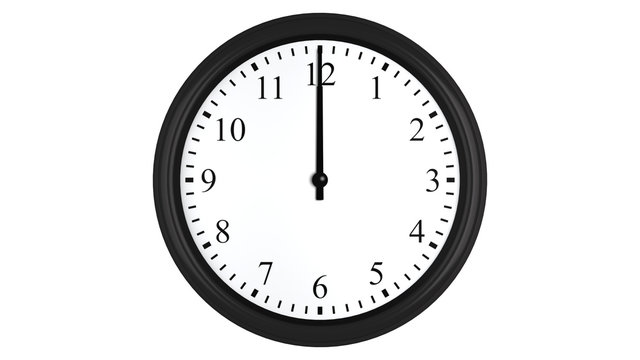Mirror, mirror on the wall, who is the prettiest of them all? “Not you, you’re so ugly. Get off the Internet, you attention seeker.”
With the simple click of a button, a video is sent spiraling into the hands of opinionated strangers. Naïve teenage girls with low self-esteem post videos on YouTube in an effort to have the entire world determine their external beauty. Why do these girls make themselves such easy targets? What causes this crave for self-worth?
The power of bullying does more than break down the walls of a person’s morale; it can lead the victim to believe the bully is right. Over time, constant intimidation causes self-doubt and the sting of rejection pushes girls to have a “pity party” in the hopes of repairing their self-esteems.
According to a Feb. 12 ABC News article, every girl knows that other people’s opinions are not important, yet the curiosity of what others think drives them to turn to others for self-assurance.
It is depressing to witness countless videos on YouTube asking the same pathetic question: “Am I pretty or ugly?” Even more shocking is how many people view these videos.
According to a March 9 Washington Times article, the most popular video has gathered an audience of nearly 5 million people. The short video features a 12-year-old girl calling herself “ugly and fat” as she showcases a slideshow of pictures to help people determine her physical appearance.
Mixed messages, ranging from encouraging comments to crude and bitter remarks are obviously no surprise here. People do and will get away with saying almost anything because there are no direct consequences to their actions.
According to guidance counselor Beverly Lubenetski, once people put something online they are opening themselves up to negativity. In addition, when people are constantly looking for attention, receiving negative attention is better than none at all.
Teens handle pressure in numerous ways to cope with the constant fear of rejection. Some rely on technology to provide them with the answers while others use direct confrontation.
Looks have become so prevalent in today’s society that we lose the real sight of the greater aspects of life. People need to stop gazing in the mirror and start looking within. People should be more accepting of who they are, not what others tell them they are.







